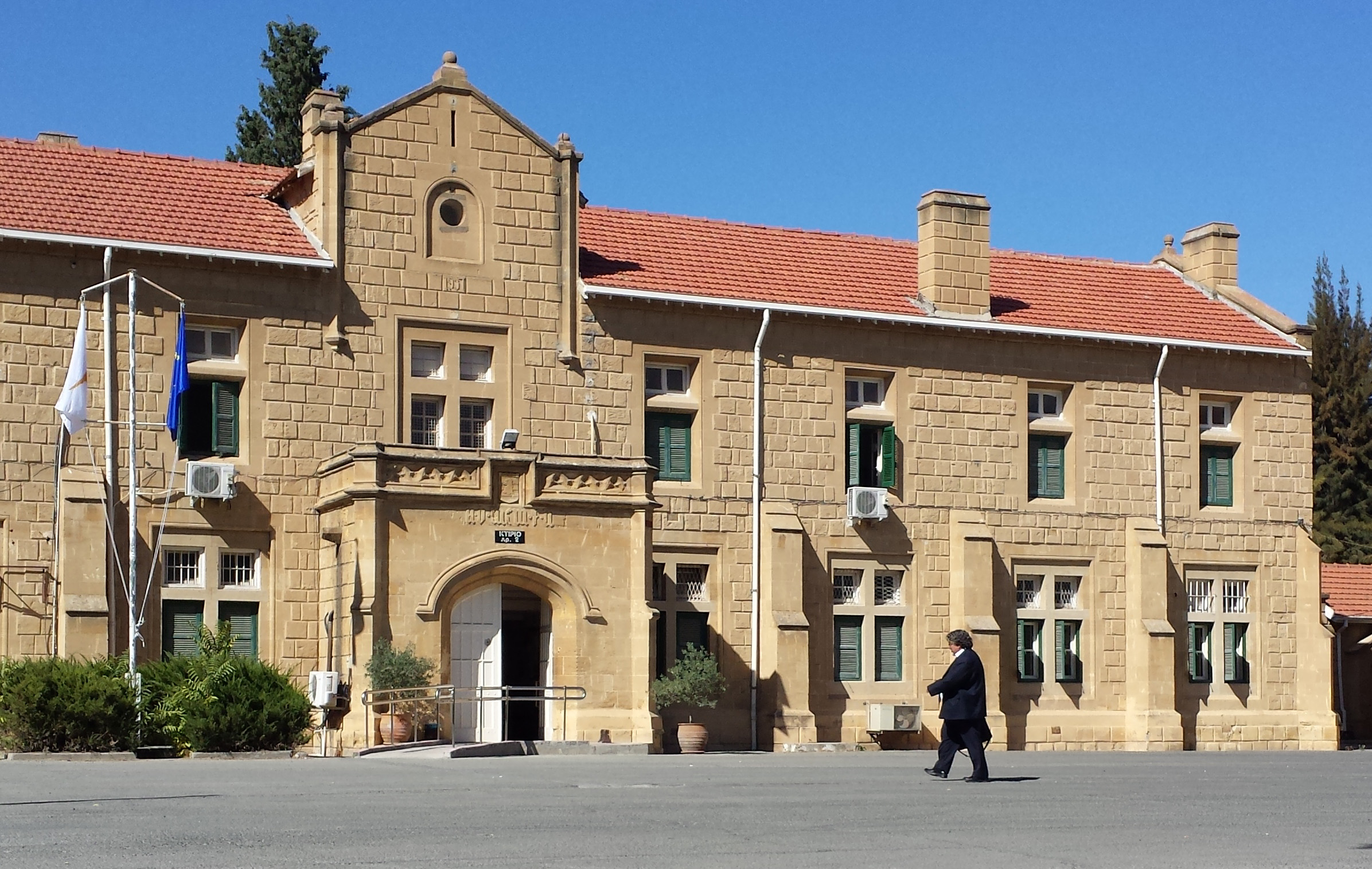Former volunteer commissioner Yiannakis Yiannaki, who pled guilty in April to three charges related to the circulation of forged documents and the knowledge that they were forged when doing so, will be sentenced on September 11.
He appeared in court on Friday, with his lawyer Petros Stavrou presenting a closing argument, asking the court to hand down a lenient sentence.
Stavrou pointed out that “around 30 years have passed” since the offences of which he was found guilty were committed in 1995 and 1996, and that his criminal record is otherwise clean.
He also said that the fact that his client had pled guilty in April, thus “saving judicial time” which would have been required to hold a trial had he not done so, adding that “this fact should be given the corresponding weight when considering the sentence to be imposed”.
Additionally, he pointed out that five charges Yiannaki had faced were withdrawn at the previous hearing on August 6, with those charges relating to the forgery of the documents themselves.
Moving onto the matter of the documents themselves, he said that one of them, Yiannaki’s forged high school diploma, “did not serve any purpose”, in spite of the fact it was intended to imitate an official document.
He said the document “was not provided for by any service plan” and was not “necessary for employment”.
Then, he spoke about other cases involving document forgery, saying that in those cases, the court usually takes into account the amount of money which changed hands to facilitate a forgery.
“In the case against Yiannaki, based on the facts presented in court, no changing hands of any amount of money occurred, nor were charges of extortion included in the indictment,” he said.
Ordinarily, Yiannaki would face a maximum of ten years in prison, but given that the case is being heard at a district court and not a criminal court, he cannot receive a sentence longer than five years.
Accusations regarding the veracity of Yiannaki’s high school diploma and university degree came to light, and he resigned from his role as volunteer commissioner in 2021 amid a media storm.
The case had drawn intense social media scrutiny, with pictures of crudely doctored documents doing the rounds.
In 2022, then police spokesman Christos Andreou had said that the San Diego State University, the university in the United States at which Yiannaki had claimed to have studied, said it had no knowledge of or ever even heard of him.
He said that the police had received oral confirmation from the university in question that Yiannaki never graduated from the institution.
A picture of his university degree, a bachelor’s in civil engineering issued in 1992, had been widely publicised, with the certificate bearing the signatures of four officials, one of whom is Edmund Gerald Brown Jr, cited as California governor.
However, Brown was not California governor in 1992, having served between 1975 and 1983 and then between 2011 and 2019.
Apparent tampering with Yiannaki’s high school diploma and his university degree, was discovered by the auditor-general of the day Odysseas Michaelides after he received an anonymous complaint about the issue.






Click here to change your cookie preferences